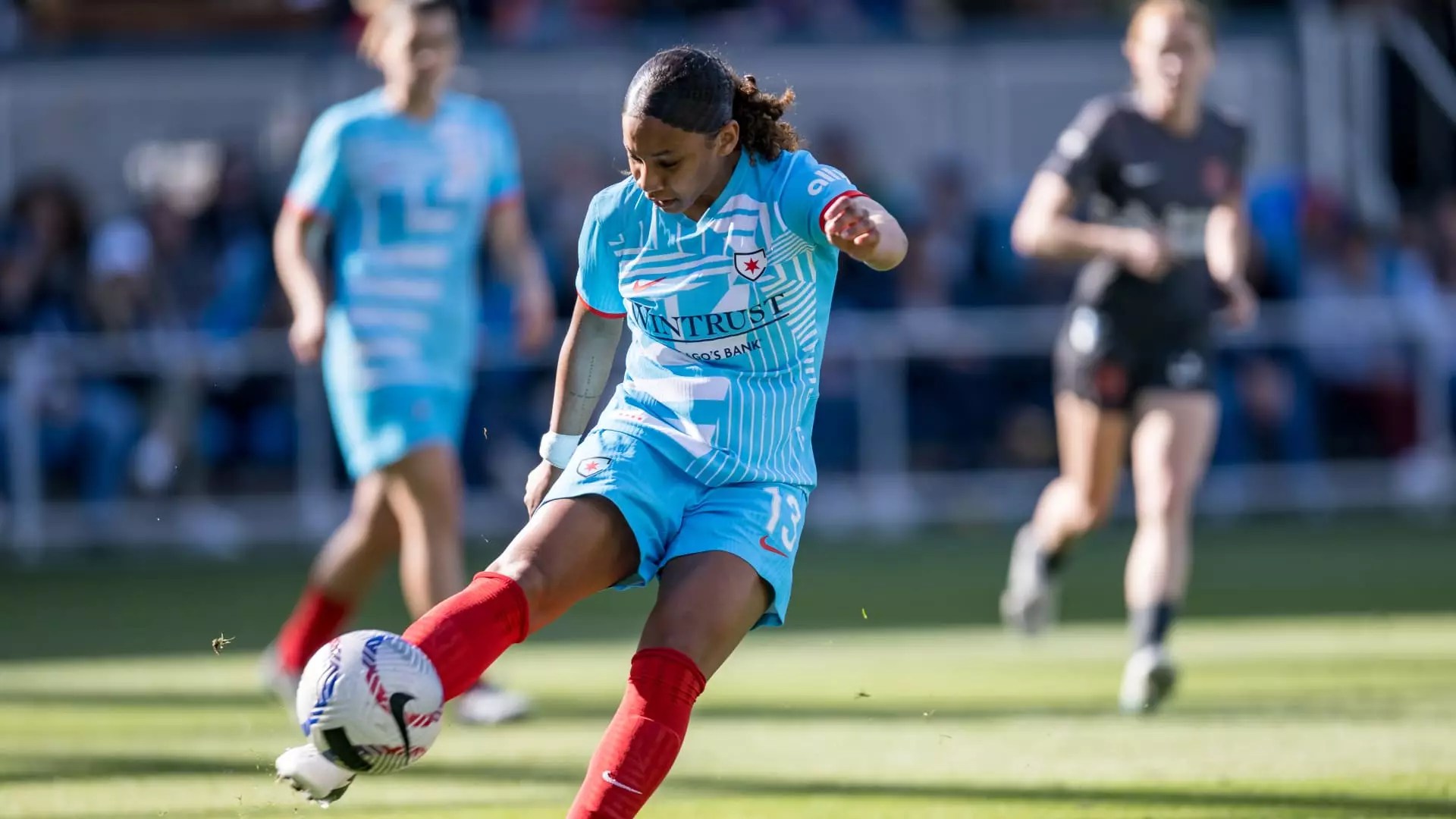In a world where athletic prowess has long been celebrated for its entertainment and inspirational value, the intertwining of corporate interests and professional sports reveals a more calculated and profit-driven narrative. Recently, insurance firms like Gallagher have taken a bold step, offering internships to pro athletes in a bid to legitimize their brands and secure future clients. This strategy isn’t about fostering genuine career development for the athletes; rather, it exemplifies how corporations leverage sports figures as tools for marketing and public relations, often at the expense of the athletes’ own futures and aspirations.
This new trend of grooming athletes for corporate roles under the guise of mentorship exposes a stark reality: sports stars are increasingly seen as commodities that can be molded into marketable assets. By providing internships—often under the pretense of “preparing for life after sports”—companies are, in essence, harvesting a pipeline of brand ambassadors who genuinely embody the competitive, disciplined spirit they desire. These arrangements serve the interests of the corporations more than the athletes, who are often portrayed as eager participants in a mutually beneficial arrangement but are subtly coerced into adopting capitalist values that prioritize immediate branding opportunities over authentic career growth.
Ambiguous Intentions Beneath the Surface
The narrative painted by Gallagher — that they are helping athletes transition into post-sport careers — is somewhat misleading. While some athletes may genuinely find value in learning about insurance or corporate culture, the fundamental purpose for most organizations is to capitalize on the athletes’ existing fame to boost their own visibility. The optics are clear: endorse inclusiveness and youth development, while quietly cultivating a pool of future clients and brand ambassadors.
Furthermore, the timing and scope of these internships raise questions about fairness and necessity. Athletes like Leilanni Nesbeth and Chardonnay Curran, despite their talent and hard work, are entering unfamiliar territory in the corporate world only after their sports careers have reached a plateau. Instead of offering genuine vocational development tailored to their passions and skills, these internships are often superficial, designed more to craft a positive image than to create meaningful opportunity. The fact that Curran describes her initial understanding of insurance as wildly inaccurate highlights how these programs may serve as uncritical PR tools rather than sincere career initiatives.
Another layer of critique surrounds the short duration and unofficial nature of many of these programs. Six-week internships hardly amount to substantial career preparation; they are more akin to promotional stunts. The fact that Gallagher and Nationwide are positioning themselves as “good corporate citizens” while subtly steering athletes towards future employment in their own organizations exemplifies a win-win scenario for companies and a cynical play for influence and market penetration.
The Commercialization of Identity and Values
Celebrating athletes’ accomplishments—whether on the field or off—has become a lucrative avenue for companies eager to project a social conscience while subtly shifting the narrative of sports. Companies like State Farm and AIG have tapped into this by sponsoring athletes or investing in football clubs, blurring the lines between genuine support and corporate branding. These partnerships reinforce a culture that commodifies athletic success, transforming sports icons into mere extensions of corporate campaigns rather than individuals pursuing authentic careers or societal contributions.
This commercialization extends to the underlying messaging about what it means to succeed. Gallagher’s emphasis on “teamwork” and “hard work” as transferable skills is accurate to some extent, but it also conveniently echoes corporate values that prioritize productivity and profit over individual well-being or personal fulfillment. Athletes are encouraged to see corporate pursuits as the pinnacle of their post-sports lives, subtly implying that their identity is only valuable if it can be marketed and exploited.
Moreover, such initiatives risk superficiality, flattening athletes’ lives into brand stories and reducing their potential into marketable assets rather than fostering true personal growth. When a professional rugby player or a soccer star is employed in a sales role, it arguably diminishes the cultural and individual significance of sport, turning it into a stepping stone for corporate gain. This shift raises critical questions about whether society is truly valuing athletes beyond their athletic achievements or simply packaging them for promotional purposes.
The Audience and Public Perception
Public perception plays a pivotal role in how these corporate endeavors are received. While some fans and observers might view these programs as innovative or supportive, a more critical lens reveals a tendency to commodify athletes’ identities, reducing their hard-won fame to marketing tools. The narrative of athletes “preparing for the next phase of life” is often used to soften the exploitative edge of these initiatives, but it can also obscure the reality of economic insecurity, short career spans, and limited traditional career pathways in professional sports.
This complicity reflects a broader societal trend where economic inequality and job insecurity push young athletes to accept whatever opportunities are available, even those heavily influenced by commercial interests. The rise of such internships may appear generous at a glance, but they often serve as palliative solutions that camouflage more systemic issues within the sports industry and beyond.
In the final analysis, these initiatives suggest a future where sports, business, and media continue to intertwine, with athletes increasingly viewed through monetizable lenses rather than as individuals with diverse aspirations and capacities. While some may see these programs as forward-thinking and supportive, a critical perspective recognizes them as another form of corporate leverage—exploiting athletic talent for profit and public image rather than fostering genuine personal and professional development.


Leave a Reply